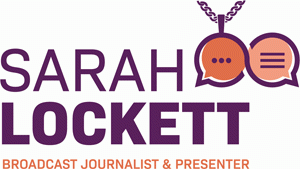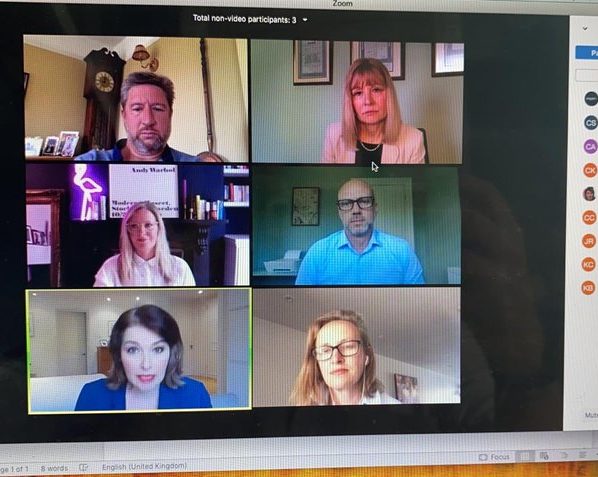I recently submitted a sample piece of work for a job, and didn’t get the gig. I wasn’t totally happy with the work myself – but had to do it to a tight deadline, and felt the client would know that I’d be much better on the day. You can see where this is going (ie of course they can’t “guess” that I’d be better on the day – they have to assume that I have submitted my very best work, and I’d never be better than that. They also haven’t got the time to babysit me on the day and help/coach a better performance out of me).
I asked a colleague if I should request some feedback. He said no: you know what went wrong. When you think you did an excellent job, and STILL don’t get the job – THEN ask for feedback. He’s right, of course.

It’s a good learning point for me – I thought I could do a rush job, not fully prepared, and be up to speed by the time the actual job came round (to be fair, in TV News, this is sometimes how it is: the deadlines are so tight you are racing around, chasing your tail right up until the studio light goes on).
But on the wider point: should we ask for feedback? I would say yes, IF you can take it. I recently interviewed a candidate who had a ‘chequered’ career history, and had now decided on a certain direction, without really being able to explain why he had chosen it. I ended up not being convinced.
Flitting around between different jobs/sectors could be portrayed as a plus, if you can pick out the common thread between all the jobs: skills you have been honing throughout the years. But at the moment (for him) it’s a mish-mash. I would say to him, remember to edit your experience depending on what job you’re applying for. So, if you have mainly worked in ‘x’ job, but you want to pivot into ‘y’ job, dig out all the relevant bits of experience/volunteering you’ve ever done, which pertain to that new job. In fact, I now have 2 CVs, because one of the types of work that I do, doesn’t particularly relate to the others at all (it does a bit, but not much). I hope that doesn’t sound dodgy, but it seems like common sense to me.
Back to the theme – should you ask for feedback? I would say yes and no, depending on how well you know the hirer, and if you can bear to hear the truth (or their version of it). Be prepared also, that they may be so diplomatic/opaque (to avoid offence/being sued/a confrontation) that you’re not really sure what they think anyway. They may be vague: the project was delayed/changed direction, the client wanted another candidate, the project is taking place in a different location and they need local talent etc. Maybe just trust your instinct, move on, try harder on the next one, and chalk it up to experience.



